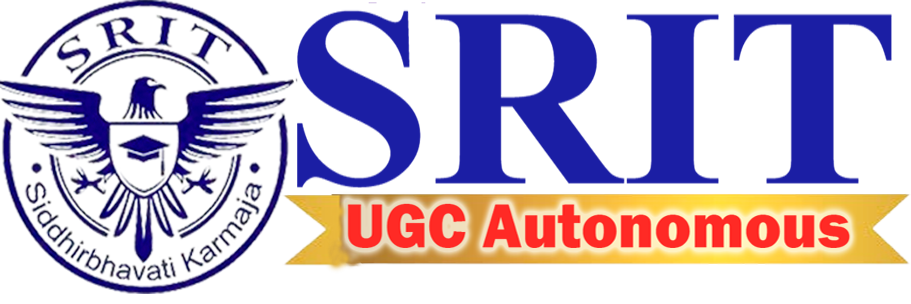To be a reputed and recognized education provider in electrical engineering.
DM1: Practice student centric teaching-learning towards academic proficiency.
DM2: Provide academic and research facility that supports learning environment.
DM3: Promote employability by continuous industry-institute interaction.
DM4: Contribute for the economic and technological development of neighborhood.
DM5: Involve in activities for holistic development of stakeholders.
Graduates of B.Tech(EEE) program are able to
PEO1: Exhibit profound knowledge to pursue higher education and secure employment.
PEO2: Design innovative and socially acceptable electrical & computing systems.
PEO3: Exhibit Professionalism, ethics, interpersonal skills and adopt to current trends.
PSO1:Design flexible AC Transmission systems for effective power system.
PSO2: Simulate control system models using MATLAB.
PSO3: Design renewable energy systems for economical power generation.
| Name of the faculty | Dr.A.Venkateswara reddy | |
|---|---|---|
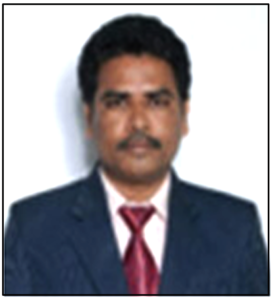 | Designation | HOD & Professor, Vice-Principal(COE) |
| Qualifications | B.E, M.Tech, Ph.D | |
| Research Interest | Electrical Power Systems |
| Name of the faculty | Dr.K.Siva prasad | |
|---|---|---|
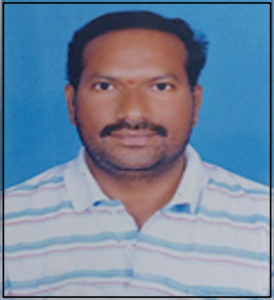 | Designation | Associate Professor |
| Qualifications | M.Tech, Ph.D | |
| Research Interest | Power Electronics & Drives |
| Name of the faculty | G. Naga Raju | |
|---|---|---|
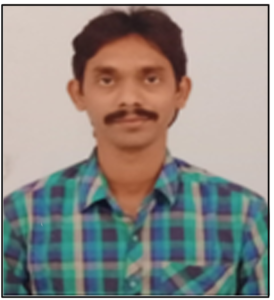 | Designation | Assistant Professor |
| Qualifications | M.Tech | |
| Research Interest | Power Electronics |
| Name of the faculty | R.V.Manoj | |
|---|---|---|
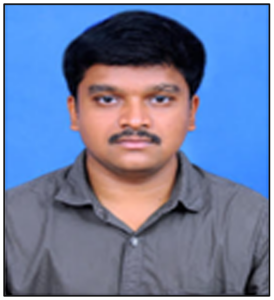 | Designation | Assistant Professor |
| Qualifications | M.Tech, (Ph.D) | |
| Research Interest | Electrical Power Systems |
| Name of the faculty | C.Chowdeswari | |
|---|---|---|
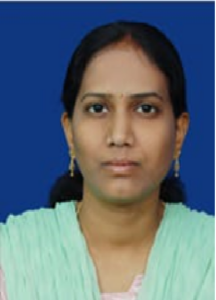 | Designation | Assistant Professor |
| Qualifications | M.Tech | |
| Research Interest | Electrical Power Systems |
| Name of the faculty | V.Rama mohan | |
|---|---|---|
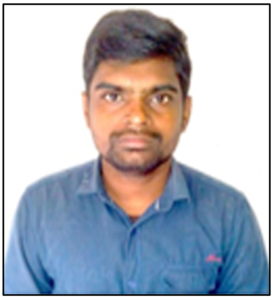 | Designation | Assistant Professor |
| Qualifications | M.Tech | |
| Research Interest | Electrical Power Systems |
| Name of the faculty | B.Lakshmi Devi | |
|---|---|---|
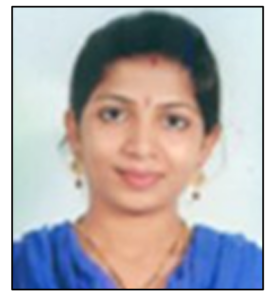 | Designation | Assistant Professor |
| Qualifications | M.Tech | |
| Research Interest | Electrical Power Systems |
| Name of the faculty | Mr.K.Dinesh Kumar Reddy | |
|---|---|---|
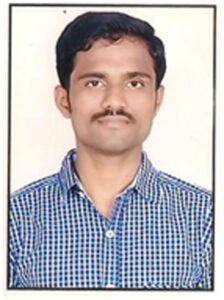 | Designation | Assistant Professor |
| Qualifications | M.Tech | |
| Research Interest | Power Electronics & Electrical Drives |
| Name of the faculty | P.Nandakishore | |
|---|---|---|
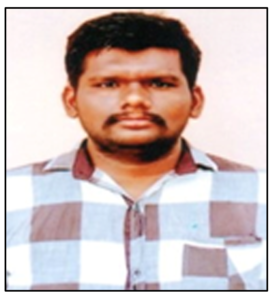 | Designation | Assistant Professor |
| Qualifications | M.Tech | |
| Research Interest | Electrical Power Systems |
| Name of the faculty | Mrs.A.Geetha | |
|---|---|---|
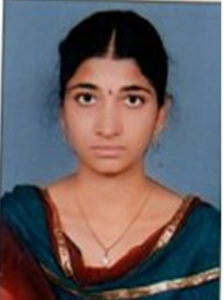 | Designation | Assistant Professor |
| Qualifications | M.Tech | |
| Research Interest | Electrical Power Systems |
| Name of the faculty | Mr.B.Anjan Kumar | |
|---|---|---|
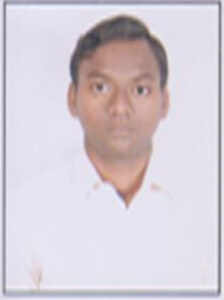 | Designation | Assistant Professor |
| Qualifications | M.Tech | |
| Research Interest | Electrical Power Systems |
| Name of the faculty | K.Vijaya Lakshmi | |
|---|---|---|
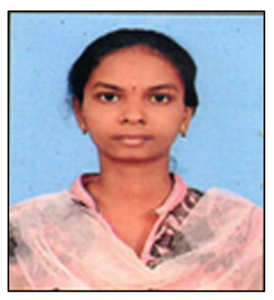 | Designation | Lab Assistant |
| Qualifications | Lab Assistant | |
| Research Interest | - |
| Name of the faculty | Mr.A.Harish | |
|---|---|---|
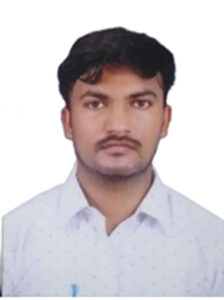 | Designation | Lab Assistant |
| Qualifications | B.Tech | |
| Research Interest | Electrical Power Systems |
| Name of the faculty | Mr. P.NAGATIMMAIAH | |
|---|---|---|
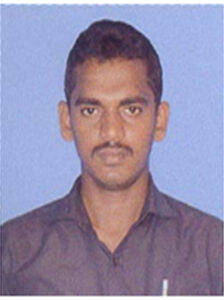 | Designation | Assistant Professor |
| Qualifications | M.Tech | |
| Research Interest | Electrical Power Systems |
Intake: 30
Academic Regulations for UG(B.Tech):Scheme (Regulations) R23Scheme (Regulations) R20 II Year Scheme (Regulations) R20 III & IV Year
EPS Intake: 08
PE Intake: 08
Academic Regulations for PG(M.Tech,EPS ):Course Structure & Syllabus
Intake: 120
Academic Regulations for DEEE:Scheme (Regulations) C20
| Member | From | Name |
|---|---|---|
| Head of the Department concerned (Chairperson). | College | 1.Dr. A. Venkateswara Reddy |
| All faculty members of the Department | College | 1. Mr. K. Sivaprasad 2. Mr. G. Nagaraju 3. Mr. R. V. Manoj 4. Mr. V. Rammohan 5. Mr. G. Jayendra Reddy 6. Mrs. C. Chowdeswari |
| Two subject experts from outside the parent University | Outside (Academic Council) | Dr. G. Gurrala Gurunath Professor of EEE, Indian institute of Science, Banglore. Prof. Ch. Changaiah |
| One expert is to be nominated by the Vice-Chancellor from a panel of six recommended by the Autonomous College Principal. | JNTUA University (Vice-Chancellor) | Prof. N. Visali Professor of EEE JNTUA college of Engineering Anantapuramu |
| One representative from industry/corporate sector/allied areas to be nominated by the Principal. | Outside (Principal) | Sri A. Srihari M. Tech (Ph. D) Sr. Manager, ECIL Hyderabad |
| One member of the College alumni to be nominated by the Principal. | Alumni (Principal) | Shaik Mahammad Khairuddin System Engineer ,198R5A0213 Infosys, Banglore. |
| Experts from outside the Autonomous college when ever special courses of studies are to be formulated, to be nominated by the principal | Outside (Principal) | Dr. C. Vyjayanthi, Associate Professor, Dept. of EEE, National Institute of Technology Goa. |
Intake: 30
Academic Regulations for UG(B.Tech):Scheme (Regulations) R23Scheme (Regulations) R20 II Year Scheme (Regulations) R20 III & IV Year
EPS Intake: 08
PE Intake: 08
Academic Regulations for PG(M.Tech,EPS ):Course Structure & Syllabus
Intake: 120
Academic Regulations for DEEE:Scheme (Regulations) C20
